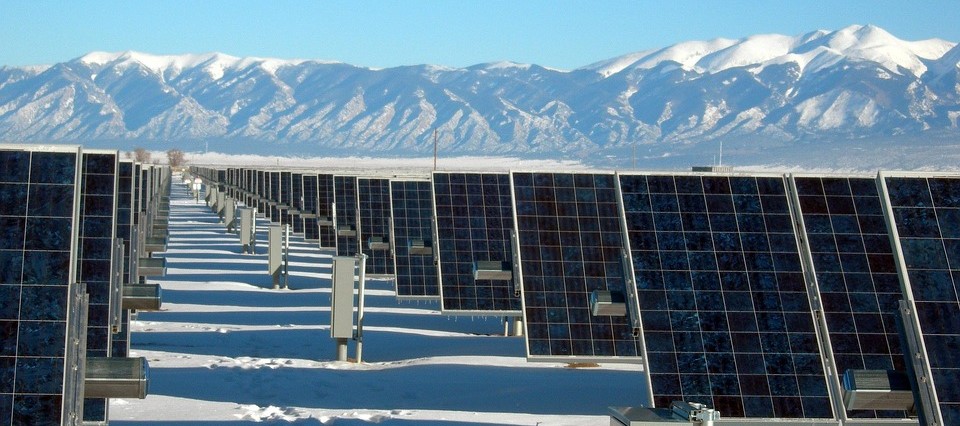Developers and investors alike often ask us what costs can or can’t be included in the eligible basis for the Investment Tax Credit. Based on our experience and from diligencing projects at our sister investment fund SolRiver Capital, we decided to create a straightforward table that answers those questions. This isn’t a completely comprehensive list but it covers the majority of the different costs in a typical solar project. We tried to be inclusive of all project types: groundmount, roof-top, and carport.
Understanding the ITC Eligibility Table
Eligible costs are on the left and ineligible costs are on the right. We’ve bucketed our table based on (1) Equipment Costs, (2) EPC Softcosts, (3) Development Costs, and (4) Financing Costs. Costs that deserve a little more context are denoted with an asterisk. We have a section after the table that elaborates on each of those costs.
ELIGIBLE |
INELIGIBLE |
EQUIPMENT COSTS |
|
|
|
EPC SOFTCOSTS |
|
|
|
DEVELOPMENT COSTS |
|
|
|
FINANCE COSTS |
|
|
|
Some Additional Context
Developer Fee
The Developer fee is always subject to scrutiny from the IRS. The IRS reserves the right to change the eligible basis to adjust for an unreasonable Developer Fee. Generally, the IRS will examine the reasonability of Developer fees based on two criteria:
1. Related or familiar party transaction
2. Size of fee given the work the Developer did
Note: The appropriate fee size may be scrutinized based on whether or not the Developer is collecting a “success fee” or “a gain on sale”. A typical “success fee” normally ranges from 3-5% of project cost. A typical “gain on sale” (in a sale leaseback for example) normally ranges from 10-20% of project cost (See this SEIA article for more info).
Subsidies/Grants
Subsidies or grants are considered part of the eligible basis if the subsidy or grant is claimed as taxable income by the Developer. If not, then they are ineligible. (See IRC Section 136)
Construction Loan Interest
For solar projects, construction loan interest is only considered eligible if the construction period is greater than 1 year and the total construction cost is over $1MM. (See IRC Section 266)
Building Improvements/New Roof
If the building improvement is not integral to the performance of the solar system, then it is not an eligible cost. Even if the roof is repaired in order to support the system, most of those costs are not considered eligible (See this Solary Industry Mag article for more info).
Interconnection Costs
The IRS doesn’t consider any transmission/distribution costs to be eligible. (See CFR 1.48-9)
About The Author


